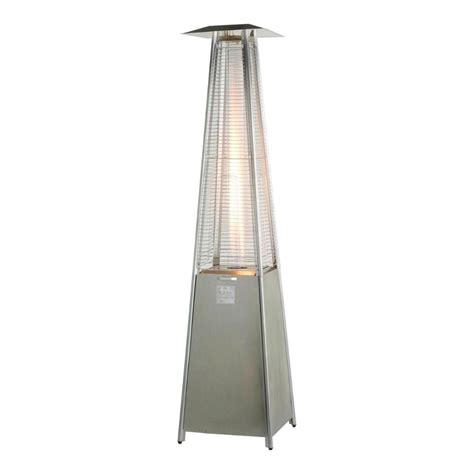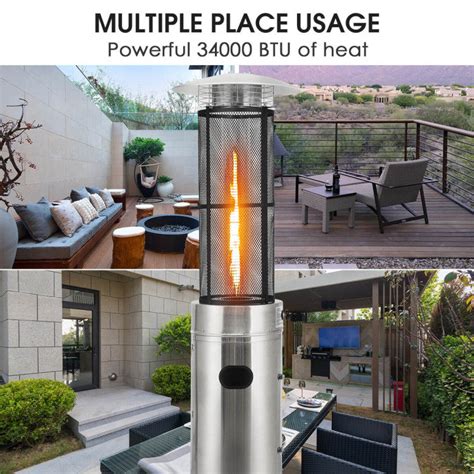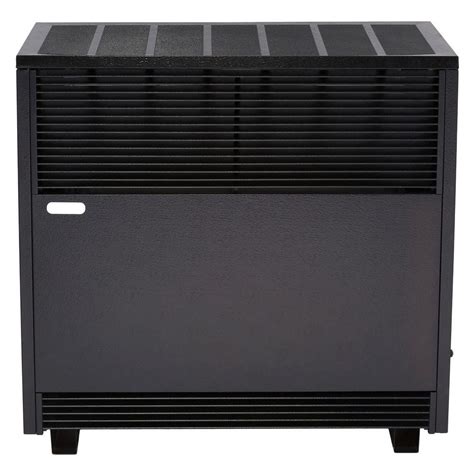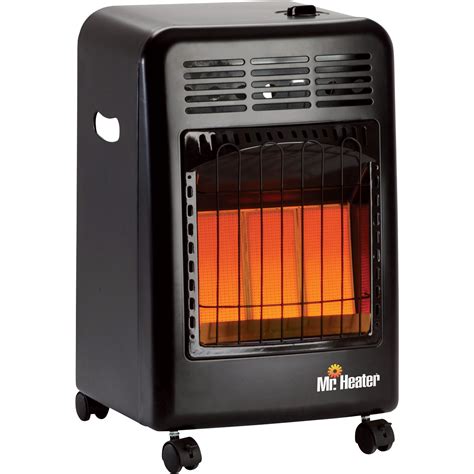Propane gas heaters have become an increasingly popular choice for both residential and commercial heating applications due to their efficiency, reliability, and versatility. As a seasoned expert in the field of heating solutions, I can attest that propane gas heaters offer a unique combination of benefits that make them an attractive option for those seeking to warm their spaces effectively. With the ability to provide both primary and supplemental heat, these heaters have found their way into various settings, from homes and workshops to outdoor areas and recreational vehicles.
The technology behind propane gas heaters involves the combustion of propane gas to produce heat, which is then distributed through a system of vents, radiators, or direct airflow, depending on the specific design of the heater. This process not only provides warmth but also does so with a high degree of efficiency, especially when compared to electric heating solutions. Furthermore, advancements in heater design have led to models that are not only more efficient but also safer, incorporating features such as automatic shut-off, tip-over protection, and enhanced combustion chambers to minimize emissions and maximize heat output.
Key Points
- Propane gas heaters are highly efficient and can provide significant cost savings compared to electric heating.
- They offer flexibility in terms of installation and can be used for both primary and supplemental heating.
- Advances in technology have led to safer and more environmentally friendly models.
- Propane gas heaters can be used in a variety of settings, including residential, commercial, and outdoor applications.
- Regular maintenance is crucial to ensure the optimal performance and safety of propane gas heaters.
Types of Propane Gas Heaters

There are several types of propane gas heaters available, each designed to meet specific heating needs. Portable propane heaters are popular for their mobility and are often used in outdoor settings, such as camping or patio heating. Wall-mounted heaters are another option, providing a more permanent heating solution that can be installed in homes, workshops, or garages. Forced-air heaters and radiant heaters are also available, offering different methods of heat distribution to suit various applications.
Efficiency and Cost Savings
One of the primary advantages of propane gas heaters is their efficiency. Compared to electric heaters, propane gas heaters can provide the same amount of heat at a lower cost, especially in areas where electricity rates are high. According to the U.S. Department of Energy, propane gas heaters can achieve efficiencies of 90% or higher, significantly reducing energy consumption and costs. Additionally, propane is a clean-burning fuel that produces fewer greenhouse gas emissions than other fossil fuels, making it a more environmentally friendly choice for heating.
| Heater Type | Efficiency Range | Average Cost Savings |
|---|---|---|
| Portable Propane Heaters | 80-90% | 20-30% |
| Wall-Mounted Heaters | 85-95% | 25-40% |
| Forced-Air Heaters | 90-98% | 30-50% |

Safety Considerations and Maintenance

Safety is a paramount concern when it comes to any heating solution, and propane gas heaters are no exception. Carbon monoxide detection is crucial, as propane combustion can produce this deadly gas if not properly vented. Therefore, it’s essential to ensure that any propane gas heater is installed, maintained, and used according to the manufacturer’s instructions and local safety guidelines. Regular maintenance tasks include checking for leaks, cleaning the burner and vents, and ensuring proper ventilation to prevent the accumulation of combustion byproducts.
Environmental Impact
The environmental impact of propane gas heaters is a topic of considerable interest. Propane is a cleaner-burning fuel than many other options, producing fewer emissions per unit of energy delivered. However, the production, transportation, and storage of propane do have environmental implications. As the world moves towards more sustainable energy solutions, the role of propane gas heaters will likely evolve, with a focus on their use as a transitional technology towards completely renewable heating sources.
What are the primary benefits of using propane gas heaters?
+The primary benefits include high efficiency, cost savings, versatility in application, and a cleaner-burning fuel source compared to other fossil fuels.
How often should propane gas heaters be maintained?
+Regular maintenance should be performed at least once a year, preferably before the start of the heating season, and includes tasks such as cleaning the burner, checking for leaks, and ensuring proper ventilation.
Are propane gas heaters safe for indoor use?
+Yes, when properly installed, maintained, and used according to the manufacturer's instructions and local safety codes, propane gas heaters can be safely used indoors. However, it's crucial to ensure adequate ventilation and to follow all safety guidelines to prevent the risk of carbon monoxide poisoning.
In conclusion, propane gas heaters offer a reliable, efficient, and versatile heating solution for a wide range of applications. By understanding the types of heaters available, their efficiency, safety considerations, and environmental impact, individuals can make informed decisions about their heating needs. As technology continues to evolve, the role of propane gas heaters will likely continue to adapt, providing a bridge towards more sustainable heating solutions for the future.
